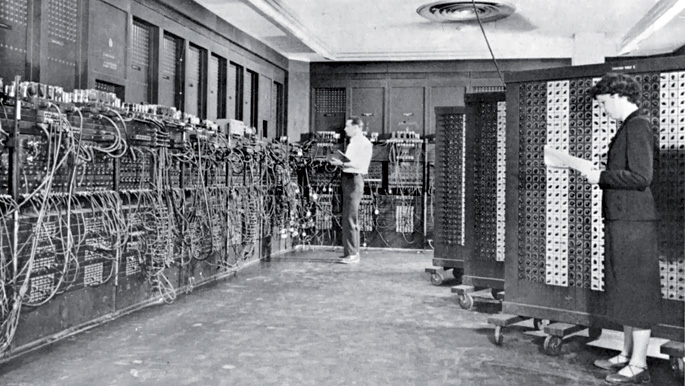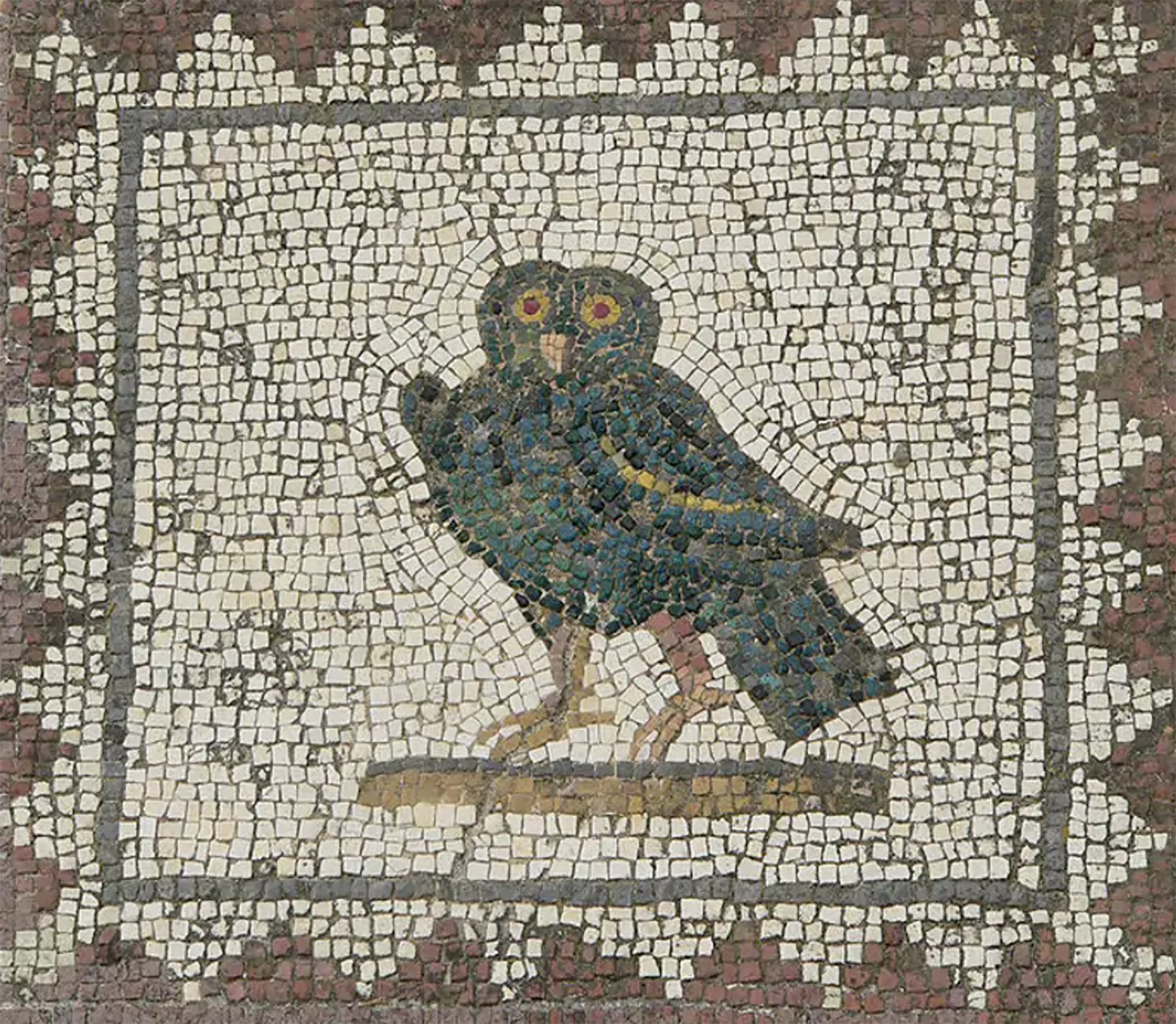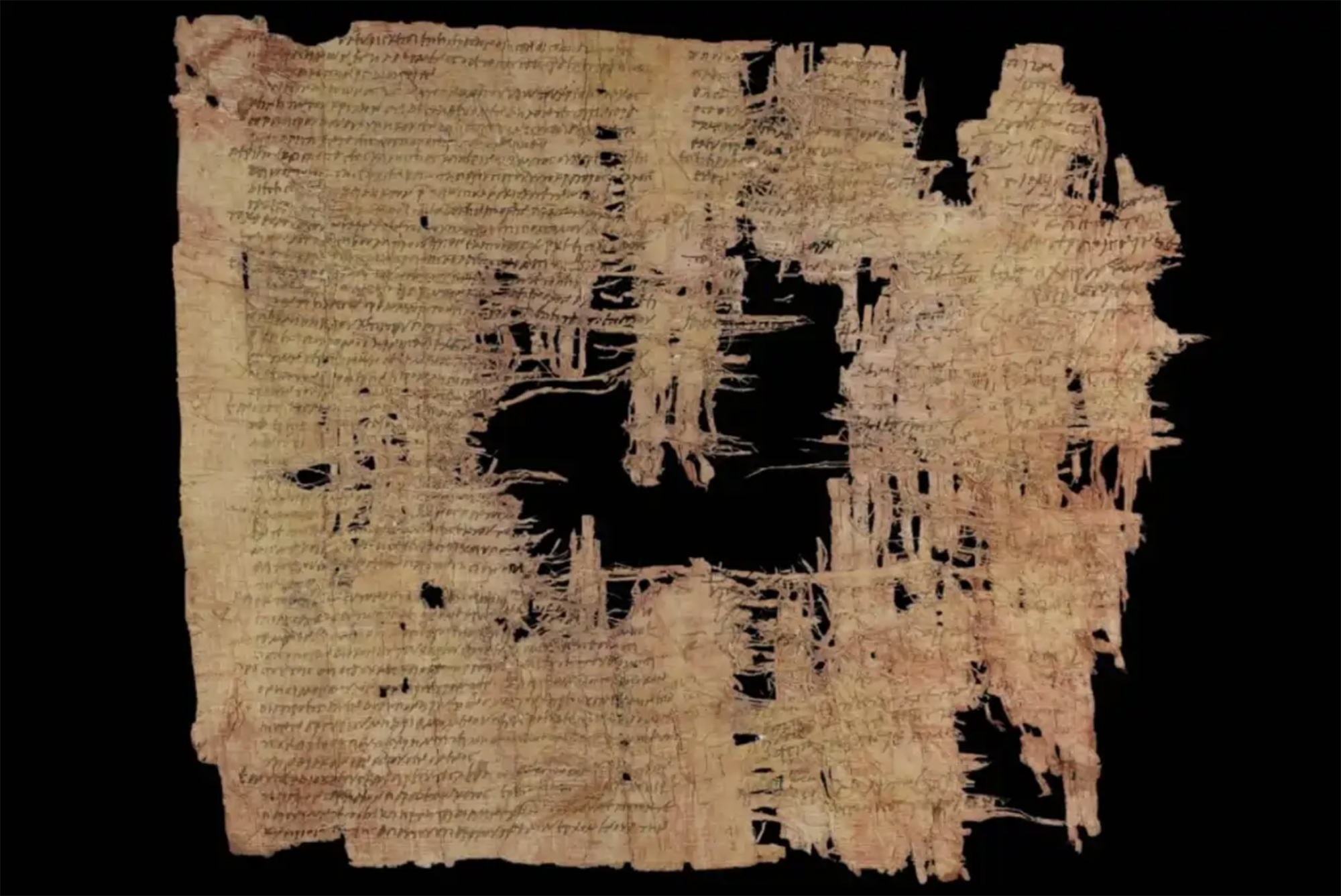The future of technology cannot be imagined.

London 1876. William Henry Preece (1834-1913), an electrical engineer and Welsh inventor, worked at the British Post Office on hearing the patent on the phone. “The Americans need a phone, but we don’t; we have extra boys,” he said. When he retired from the postal service in 1899, he was given the title of sir for the work done, not for the forecasts. But Preece's knife is, in a way, understandable, because, on the one hand, he pronounced his opinion immediately after he patented the phone, with no indication of the evolution of the invention. On the other hand, the Welsh worked in the field of telegram and radio, and the upheaval of the new competition may be within the logic. It is more difficult to understand that, since then, when making predictions about communication technology, many have thrown stones on themselves.
Thomas J. Watson (1874-1956), president of IBM, for example, does not seem to have much faith in the innovative line of his company. “In the world there may be a market for five computers,” he said in 1943, although there is no evidence to do so.
The next quote was published in 1949 by the well-known technology magazine Popular Mechanics, so there is no doubt about its authenticity. “In the future computers may have less than a tonne and a half weight,” he bravely affirmed an article in the journal that was created in 1902 and is still published. I can't say you're wrong.
The Popular Mechanics was short-sighted, and so did IBM – once again – in 1959. “For photocopiers there is a potential market of up to 5,000 units worldwide,” said a report from the multinational company. Although they added some zero to Watson's forecast, they were far from reality. However, IBM’s “pessimism” about the competition market is understandable, as that same year Xerox launched the first photocopier to the market.
In 1977, the president of the company DEC (Digital Equipment Corporation), Ken Olsen, stated: “There is no reason for someone to want a computer at home.” In Olsen's defence, it has to be said that it was completely destroyed by the fact that IBM marketed its PC, i.e. its personal computer. Ignoring the president's words, the DEA pulled out three machines to respond to IBM's challenge, all three failed.
Even the all-powerful Bill Gates demonstrated in 1988 his error ability by saying “we will never get a 32-bit operating system.”
The year 1995 was prosperous for the worst technological forecasts. Clifford Stoll, astronomer, writer and “hacker”, said: “Online databases will not replace paper newspapers, CD-ROM will not replace teachers and computer networks will not change the way government works.” Robert Metcalfe, one of the founders of Ethernet, said the same year: “The Internet supernova is going to be spectacular; in 1996 it will have a catastrophic collapse.”
Urruña, 1750eko martxoaren 1a. Herriko hainbat emakumek kaleak hartu zituzten Frantziako Gobernuak ezarritako tabakoaren gaineko zergaren aurka protesta egiteko. Gobernuak matxinada itzaltzeko armada bidaltzea erabaki zuen, zehazki, Arloneko destakamentu bat. Militarrek... [+]
Ezpatak, labanak, kaskoak, fusilak, pistolak, kanoiak, munizioak, lehergailuak, uniformeak, armadurak, ezkutuak, babesak, zaldunak, hegazkinak eta tankeak. Han eta hemen, bada jende klase bat historia militarrarekin liluratuta dagoena. Gehien-gehienak, historia-zaleak izaten... [+]
In the Maszycka cave in Poland, remains of 18,000 years ago were found at the end of the 19th century. But recently, human bones have been studied using new technologies and found clear signs of cannibalism.
This is not the first time that a study has reached this conclusion,... [+]
Porzheim, Germany, February 23, 1945. About eight o’clock in the evening, Allied planes began bombing the city with incendiary bombs. The attack caused a terrible massacre in a short time. But what happened in Pforzheim was overshadowed by the Allied bombing of Dresden a few... [+]
Poloniar ikerlari talde batek Sevillako Italica aztarnategiko Txorien Etxea aztertu du, eta eraikinaren zoruko mosaikoak erromatar garaiko hegazti-bilduma xeheena dela ondorioztatu du.
Txorien etxean 33 hegazti daude mosaikoetan xehetasun handiz irudikatuta. Beste... [+]
Judea, 2nd century AD. In the turbulent atmosphere of the Roman province, a trial was held against Gaddaliah and Saul, accused of fraud and tax evasion. The trial was reported on a 133-line paper in Greek (pictured). Thinking that it was a Nabataean document, the papyrus was... [+]
Vietnam, February 7, 1965. The U.S. Air Force first used napalma against the civilian population. It was not the first time that gelatinous gasoline was used. It began to be launched with bombs during World War II and, in Vietnam itself, it was used during the Indochina War in... [+]






















